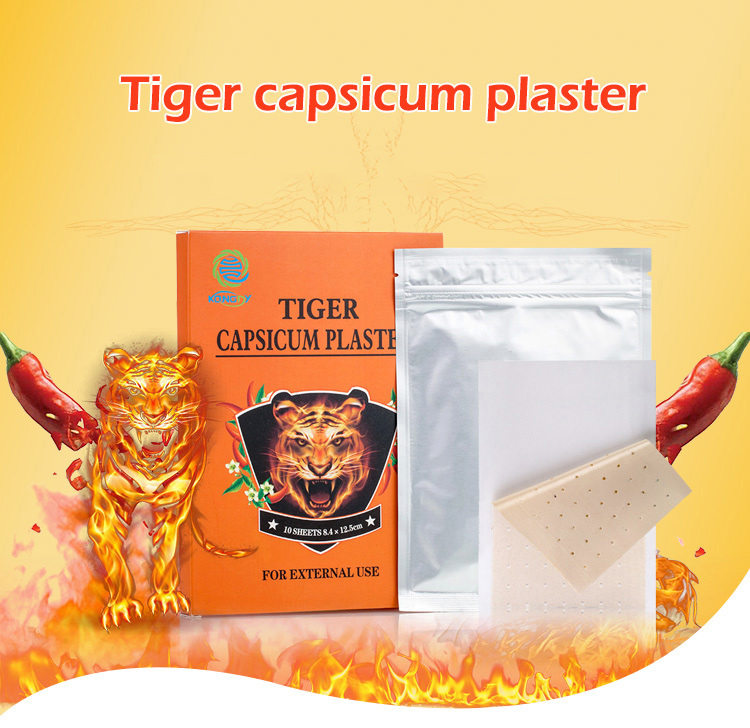Author:Kangdi 23-05-2024
In today's rapidly evolving manufacturing landscape, intelligent manufacturing practices are transforming traditional industries, including the production of capsicum plasters. These specialized plasters, which utilize the pain-relieving properties of capsaicin, are being produced more efficiently and precisely thanks to advances in intelligent manufacturing technologies.
01. Automated Manufacturing Processes
The incorporation of automated equipment and robotics has significantly increased the speed and accuracy of capsicum plaster production. These systems can handle tasks such as material handling, mixing, and packaging with minimal human intervention, reducing errors and ensuring consistent product quality.
02. Data-Driven Decision-Making
Intelligent manufacturing practices rely on data-driven decision-making to optimize production processes. Real-time data collection and analysis enable manufacturers to identify inefficiencies, adjust production parameters, and predict maintenance needs, ultimately leading to improved productivity and reduced downtime.
03. Flexible Manufacturing Lines
With the rise of personalized medicine and customized healthcare products, the demand for customized capsicum plasters is increasing. Intelligent manufacturing practices enable manufacturers to set up flexible production lines that can quickly switch between different product variations and meet changing customer demands.
04. Environmental Sustainability
Intelligent manufacturing practices also contribute to environmental sustainability. By optimizing production processes and reducing waste, manufacturers can minimize their impact on the environment. Additionally, the use of renewable materials and energy-efficient equipment further enhances the sustainability of capsicum plaster production.
In conclusion, the integration of intelligent manufacturing practices into capsicum plaster production is enabling manufacturers to achieve greater efficiency, precision, and flexibility. These practices are not only transforming the production process, but also enabling manufacturers to meet the evolving demands of customers and contribute to environmental sustainability.
 0086 19937104978
0086 19937104978





